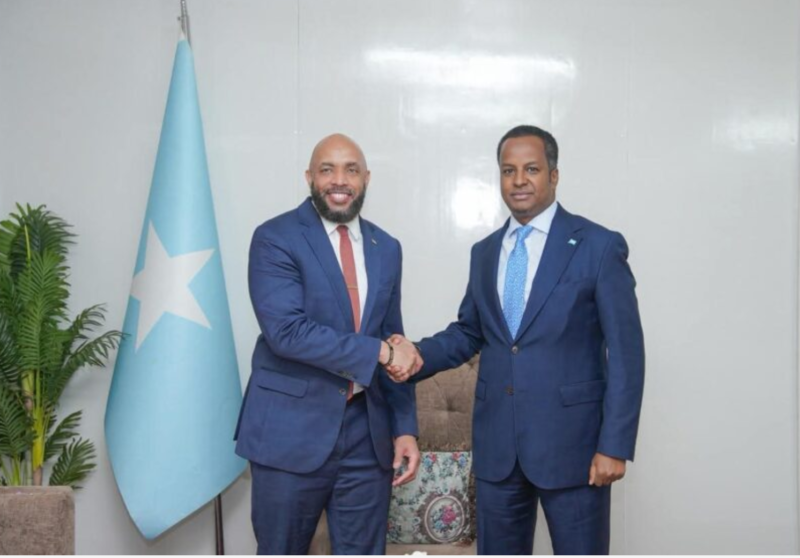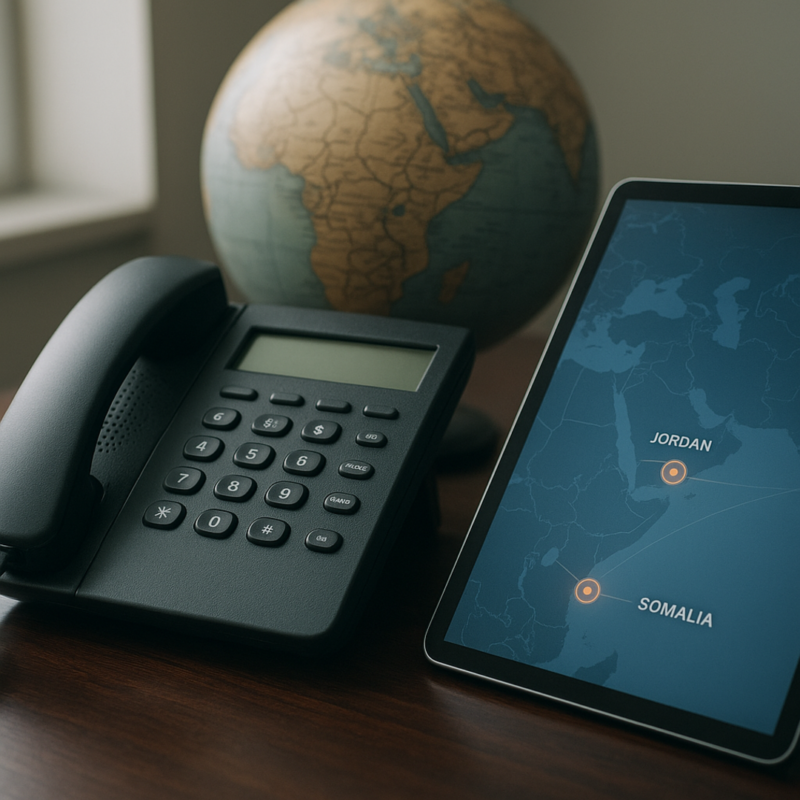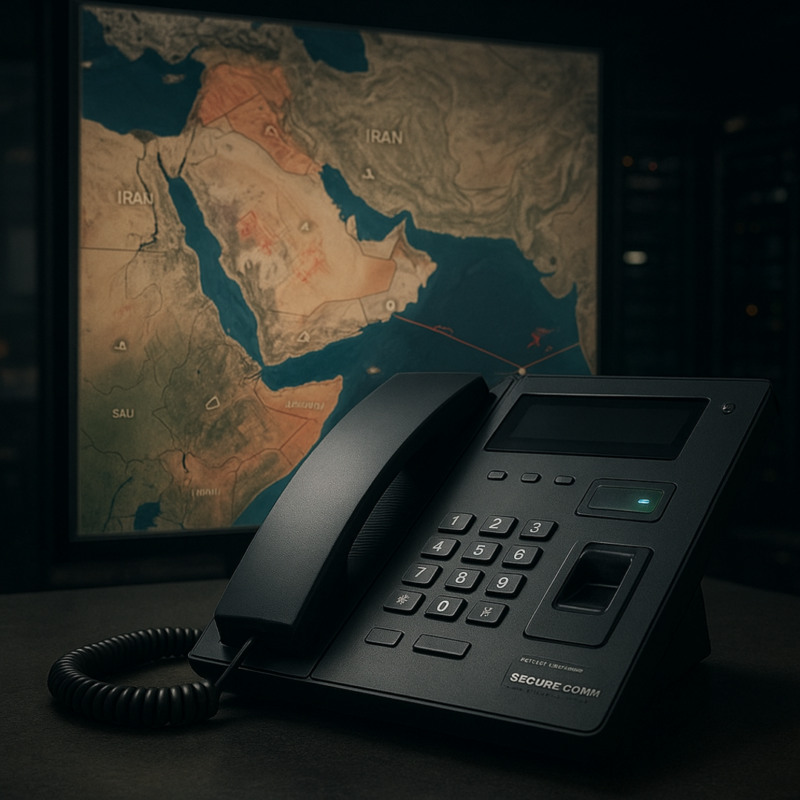Mogadishu, Somalia – The Federal Government of Somalia has reaffirmed its exclusive authority over the Mogadishu Flight Information Region (FIR), warning that any attempt to defy established international aviation protocols could put lives at risk and invite serious legal repercussions.
The announcement comes just days after officials in Somaliland declared that airlines must obtain clearance from Hargeisa before flying over or landing in its territory—an order that has sparked renewed tensions over who controls Somalia’s skies.
According to the Somali Civil Aviation Authority (SCAA), the Mogadishu FIR, recognized globally by the International Civil Aviation Organization (ICAO), remains under the jurisdiction of Somalia’s federal government. Aviation experts fear that conflicting instructions from different authorities could create confusion for pilots and controllers, potentially compromising flight safety across one of East Africa’s busiest air corridors.
Somalia’s airspace was fully handed back to the government in 2018 after decades of international oversight, marking a milestone in the country’s post-war recovery. Since then, Mogadishu has invested heavily in modernizing air traffic systems, training local personnel, and ensuring compliance with ICAO standards.
The latest dispute, however, threatens to undo that progress. Industry observers say that if airlines begin following unauthorized directives, it could disrupt communication between pilots and the Mogadishu control center, heightening the risk of midair conflicts or operational errors.
Beyond safety concerns, the issue also carries political weight. Airspace control is not only about aviation management—it’s a symbol of sovereignty. For Mogadishu, maintaining control over the FIR represents a key assertion of national unity, while Somaliland’s attempt to regulate air traffic signals a bid for greater autonomy on the international stage.
As airlines continue operations across the region, aviation authorities are urging cooperation and adherence to ICAO’s internationally recognized procedures. The coming days will likely test both the technical resilience of Somalia’s aviation systems and the diplomatic tact needed to prevent an airspace dispute from escalating into a wider political confrontation.




